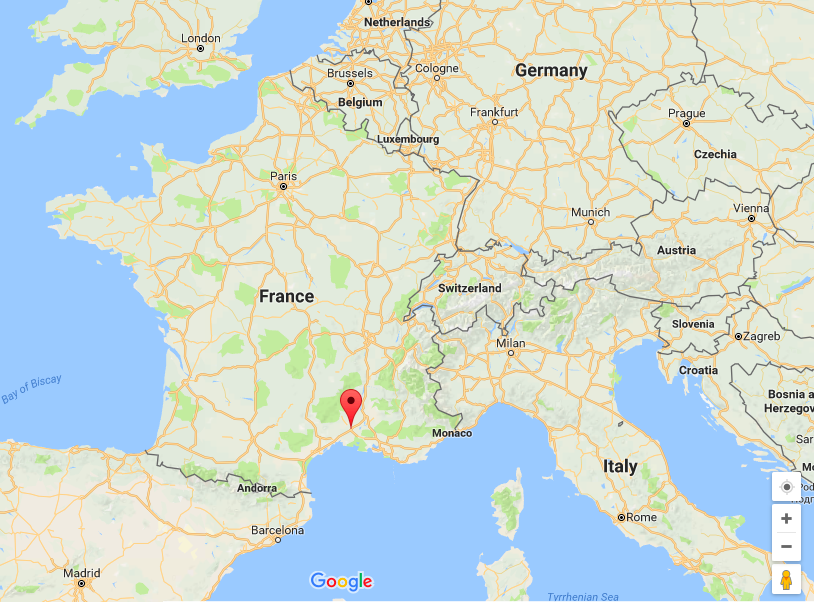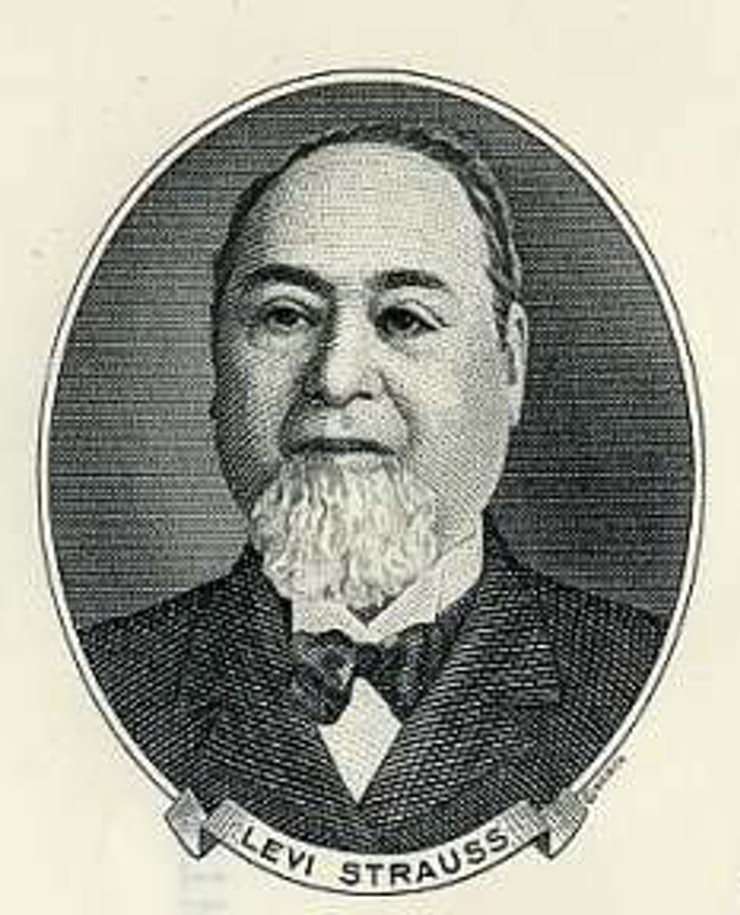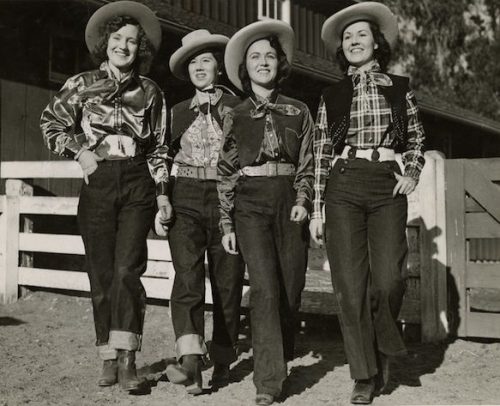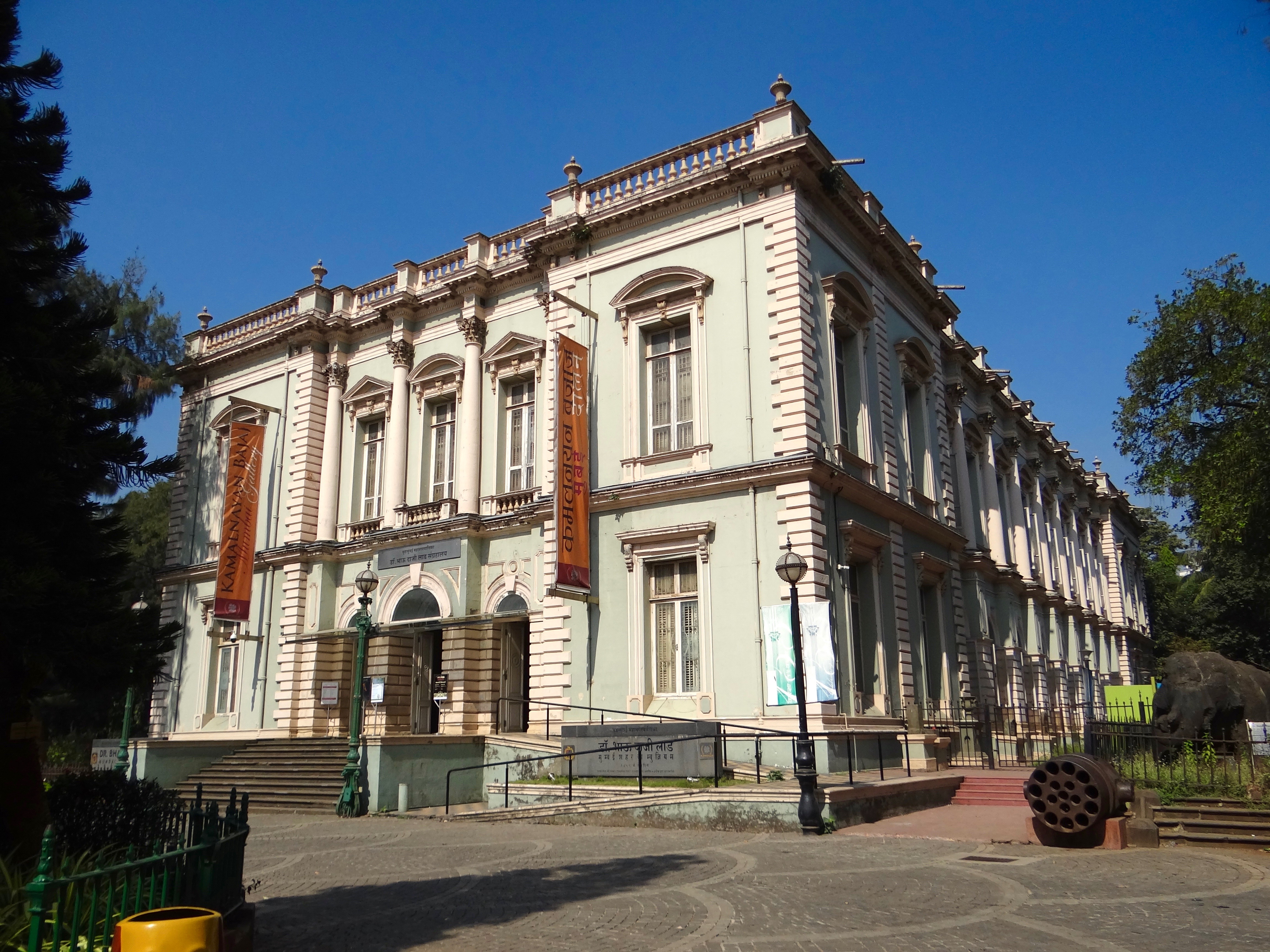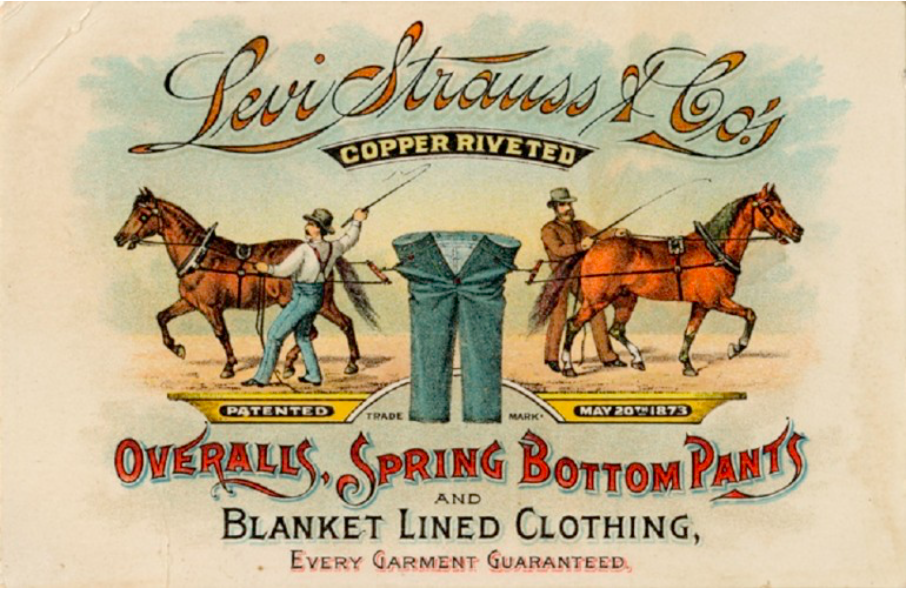
Jeans
The Story Of Old Blue Jeans
Jeans aren’t just a trend, they are signs of youth
Rip them, fold them, taper them, dye them, wrinkle them- they look stunning on everyone. The denim or jeans as we so call them, are one of the most comfortable clothes to spend the day in.
‘Denim’ is believed to be the end product of the word- Nimes. Serge de Nimes was a type of cloth containing some wool sold by France and England. It is difficult to pin point the exact origins of this cloth or how it ended up in jeans. Nimes was a french city and thus most historians argue that it is not possible for ‘denim’ to have its origins in Nimes.
At the same time, Italy began using another material called ‘Jean’ to make men’s clothing. This material was also imported by England! Which adds into the complexity.
Phew, what a confusion!
There was only one difference between Jean and Denim. The two threads used to stitch them were different. This made jeans less sturdy than denims.
A Bavarian by birth and American by citizenship, Levi Struass kicked off his first dry goods business in the Gold Rush of San Francisco. One day, his customer Jacob Davis, a tailor, told him that the miners needed a strong pair of trousers and asked Levi to be a part of the business venture. Over time, they switched to making pure denims and thus, the Levi Struass & Co. we know today was born.
Davis and Strauss got a patent for “Improvement in Fastening Pocket-Openings” (the buttons at the end of each pocket that make your jean stronger) and began producing copper riveted “waist overalls” (commonly known as jeans today).
Jeans are available in many different sizes, designs and shapes. We wear them to college, to the market, sometimes to work, to functions and any event that you can think off. What makes jeans so multi-faceted and youthful? And were they always a welcoming sight?
In their span of 150 years, this testament of youth has had its share of anecdotes. The bullies wore them, the rebels wore them. This made ‘jeans’ bad boy clothes. Parents were actually worried that their children might get spoilt by wearing them. It also came to a point that some schools banned denims. Then came a big shock- this morale less fabric was now worn by women in the 1950s!
In 1951, a famous singer Bing Crosby wore jeans to his trip to Vancouver and asked for a hotel reservation there. He was turned down because he wore the ‘bad boy’ clothing! Luckily for him, one of the staff recognised him and let him stay.
Half a decade later and the view to look at jeans hadn’t changed despite various attempts. They were still a sign of rebellion.
When Levis advertised jeans to be ‘right for school’ they got many curt replies telling them off. Most parents forbid their children to wear them since wearing ‘such torusers’ turned their children into hippies.
In this decade, customers began calling what were then still called ‘overalls:’ jeans. Wow, they took almost a decade to get there:)
The 2nd World War and the following years, made jeans more famous when American soldiers carried them along to the war front. The jean wave caught up in Britain and spread to Asia.
1980s and our favourite piece of clothing was now tied to rock bands with long hair-dos: still a sign of rebellion but that was fine. Schools now allowed jeans and everyone came to the agreement that they didn’t spoil innocent hearts.
Fast forward to the 21st century, we love wearing ripped and patterned jeans.
Our favourite old blue jeans have had the most interesting journey, haven’t they?
—————————–
Share your anecdotes about your favourite pair of trousers: Comment below.
Like and share this article:)
—————————-
Enjoy another such article on our favourite beverage coffee-
—————————-
Image Curtesy- Google Images





